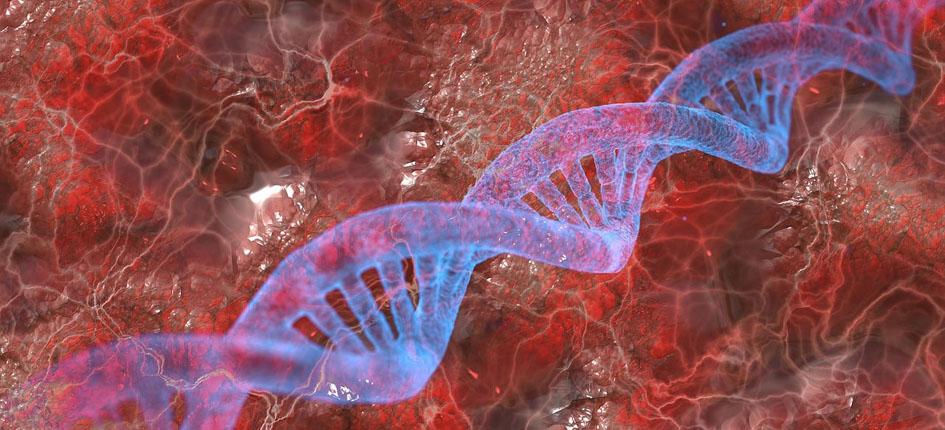A new method in gene therapy has been developed at the University of Zurich (UZH). According to a press release, a team led by Elvir Becirovic, professor of experimental and translational opthalmology at the University of Zurich, has developed a novel approach to the transport of large genes, which is necessary for the treatment of conditions including hereditary diseases.
Gene therapy is currently the most promising approach to the treatment of hereditary diseases, explains UZH, but not all genes transfer equally well into the target cells. The past few years have seen significant breakthroughs, such as the efficient delivery of genetic material into target cells using adeno-associated virus (AAV) vectors. However, the AAVs have limited DNA uptake capacity and cannot fully transport larger genes, so they are split into fragments.
The new REVeRT (reconstitution via mRNA trans-splicing) method developed by the UZH team also uses the principle of two fragments on dual AAV vectors. The coding DNA is packaged in the AAV vectors, transferred into the cells and re-written into messenger RNA at the transcript level.
“The advantages of this method are increased efficiency and fewer side effects,” explains Professor Becirovic. “It is also more flexible than previous methods, as the large genes can be divided into two fragments at various points.”
According to the press release, Becirovic stresses that REVeRT can be used in gene therapy for a wide range of genetic or acquired diseases, such as various common blood disorders and diseases associated with aging.







